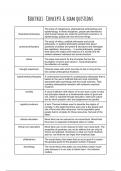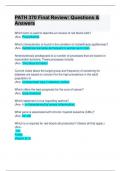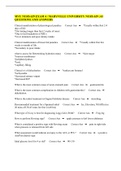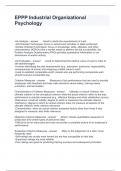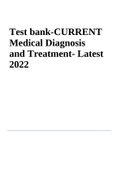Samenvatting
Summary Definitions & Answers to all possible exam questions Bioethics 2024
- Vak
- Bioethics
- Instelling
- Universiteit Antwerpen (UA)
Definitions of concepts within the course of bioethics and answers to all possible exam questions (out of the syllabus) (2024). Definities voor concepten uit bioethics & antwoorden op alle mogelijke examenvragen uit de cursus (2024)
[Meer zien]
